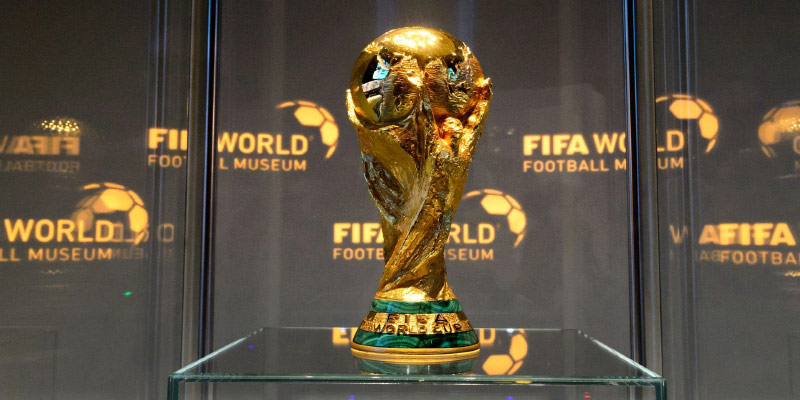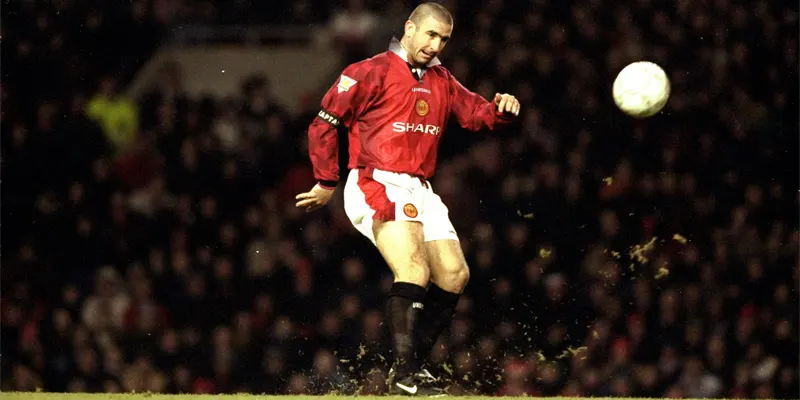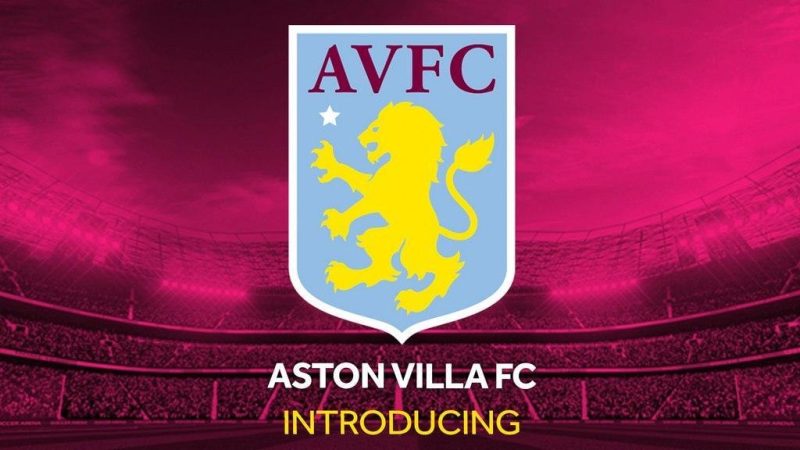
Uncover the Hidden Secrets of the FIFA World Cup You Never Knew!
The FIFA World Cup is more than just a tournament—it’s a global event that unites fans worldwide through the love of football. With fierce rivalries, unforgettable moments, and legendary performances, the World Cup captures the essence of human emotion and passion. Whether it’s underdog triumphs or breathtaking displays, this iconic competition offers a captivating experience. Get ready to explore the exciting secrets of the World Cup, brought to you by I9BET, where football fans unite to celebrate the beautiful game.
Key Moments in FIFA World Cup History
The history of the FIFA World Cup is filled with unforgettable moments that transcend the boundaries of sports. Here, we will delve into some key matches and iconic players who have left an indelible mark on the tournament.
Legendary Matches and Turning Points
Examples of unforgettable games.
Who can forget the 1970 World Cup semi-final between Italy and West Germany, often referred to as the “Game of the Century”? The match exemplified determination and skill, culminating in a dramatic extra-time victory for Italy. Similarly, the 1998 final between France and Brazil showcased incredible talent, with Zinedine Zidane scoring twice, leading his nation to its first World Cup title on home soil. These matches resonate differently with fans, sparking debates and evoking nostalgia.
Moments that defined football history.
Beyond individual matches, certain moments have reshaped the narrative of the World Cup. Diego Maradona’s “Hand of God” goal in 1986 remains one of the most controversial incidents in sports history. This moment not only overshadowed his second, more brilliant goal in the same match but also sparked discussions about ethics and fair play in football. Such instances remind us that the World Cup isn’t just about the outcome; it’s about the stories that unfold within the 90 minutes.
Iconic Players in the FIFA World Cup
Greatest players and their contributions.
The FIFA World Cup has been graced by legendary footballers, each contributing uniquely to its lore. Pelé, Maradona, and Johan Cruyff are just a few names that evoke admiration and respect. Each player brought their own style, personality, and flair to the tournament, influencing generations of young athletes worldwide.
Memorable performances that shaped the game.
Pelé’s hat-trick against Sweden in 1958, when he was just 17, showcased the essence of youthful exuberance in sport. Maradona’s heroic performances in 1986 led Argentina to victory, transforming him into an enduring icon. These captivating displays of skill and athleticism highlight not just individual brilliance but the collective spirit of competition that defines the FIFA World Cup.
Structure and Format of the FIFA World Cup
Understanding the structure of the FIFA World Cup is essential for fans looking to grasp the dynamics of the tournament.
The Tournament Format
Group stage, knockout rounds, and the final.
The format of the World Cup comprises distinct phases, starting with the group stage, where teams are divided into groups and play in a round-robin format. The top teams from each group advance to the knockout stages, where every match counts, and a single loss means elimination. This creates an exciting atmosphere where every game carries significant weight—a hallmark of the tournament’s unique charm.
How teams qualify for the World Cup.
Qualification for the World Cup is a rigorous process involving numerous regional competitions held over several years. Each continent has its own qualifying tournaments, with teams vying for a limited number of spots. For fans, this adds another layer of excitement, as they closely follow their national teams’ journey to secure a place in the tournament.
Host Countries and Their Impact
How hosting impacts football and national pride.
Hosting the World Cup is not only a matter of logistics; it holds substantial cultural significance. Nations take immense pride in being selected to host the tournament, as it provides them with an opportunity to showcase their culture, hospitality, and unity. The impact of hosting goes beyond football, fostering national pride and potentially leading to infrastructural improvements.
Economic, social, and cultural implications.
The economic implications of hosting a World Cup are profound. Countries invest heavily in stadiums, transportation systems, and tourism infrastructure. While there are potential benefits, such as increased tourism and job creation, there are concerns about the long-term viability of these investments. Socially and culturally, the World Cup can ignite passion among citizens and unify diverse communities, fostering a sense of belonging and shared identity.

